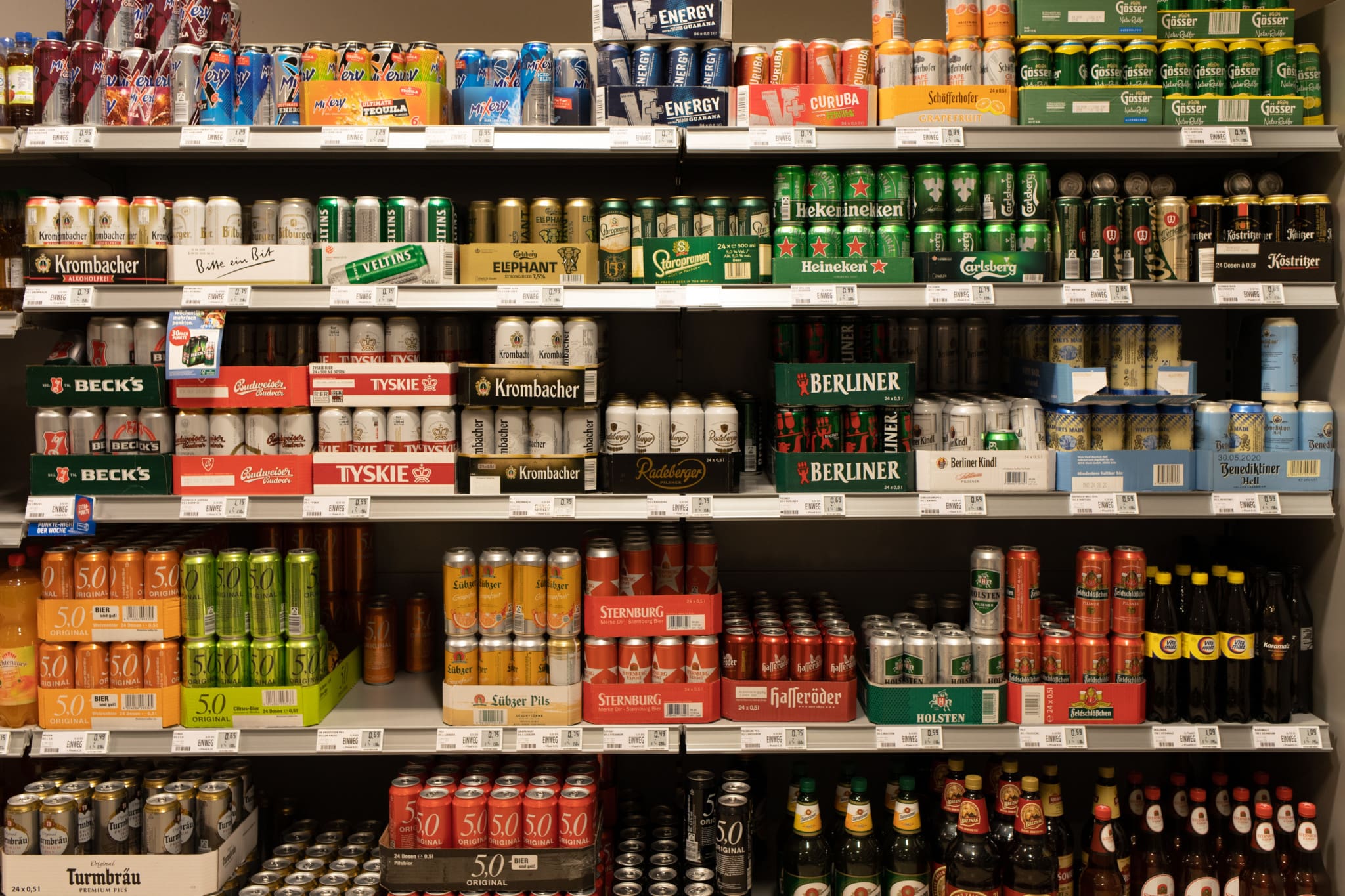As energy and other input costs sharply rise, Germany’s beverage industry is warning of an imminent wave of bankruptcies in the coming months, with hundreds of firms involved in beer and soda production under severe threat.
“The cost increases for companies have long since reached a level that threatens their existence. This affects crafts and medium-sized businesses as well as the entire industry,” complained five associations in a joint statement.
The main causes are the high energy and raw material prices as well as logistics problems and CO2 shortages. CO2 is a major component in beer and other carbonated beverages. These rising costs now threaten hundreds of companies, many of which have struggled with the threat of bankruptcy years before the coronavirus crisis and the current inflation shock.
[pp id=48504]
“Whether gas, electricity, or fuel, whether agricultural raw materials, packaging, or logistics — excessive cost increases, coupled with increasing disruptions in the supply chain up to delivery failures, are exceeding the resilience threshold for many companies in the beverage industry,” according to the group of industry associations.
Many manufacturers are still struggling with the difficulties of the coronavirus crisis, which sent shockwaves through the beverage industry. Restaurants, catering halls, bars, clubs, and hotels were shuttered, leading to massive losses for a wide range of sectors, with beverage producers especially hard hit. As a result, companies have already burned through capital reserves, and now the next crisis has already arrived.
The producers of beer, mineral water, and soda are particularly badly affected, as CO2 is required for their production. According to Die Welt newspaper, fruit juice manufacturers are currently reporting additional production costs of €120 million, while breweries say their costs rose by almost €800 million. These companies and the associations representing them are now demanding intervention from the federal government and electricity and gas price caps, which have been introduced in other countries like Belgium, France, and Spain.
[pp id=32996]
“The federal government must not leave the companies alone in this situation,” write the managing directors of the Association of German Mineral Springs (VDM), the German Brewers’ Association (DBB), the Association of Private Breweries Germany, the Association of the German Fruit Juice Industry (VdF), and the Federal Association of German Beverage Wholesalers. “Without rapid government intervention and without effective aid, hundreds of companies and thousands of employees will lose their livelihoods in the German beverage industry alone.”
The associations write that beverage companies cannot simply raise prices either, pointing to consumers who have little to no financial reserves to afford price increases and the fact that retailers have most of the pricing power.
Other industries are already seeing bankruptcies, including the first organic food supermarkets. Germans are increasingly turning to bargain-priced foods and other goods after food prices rose 14 percent in July compared to the same month last year, according to German newspaper Taggespiegel. This has left organic food and health stores increasingly losing market share to cheaper retailers. Organic supermarkets saw a 16.5 percent reduction in sales in the first half of the year while health food stores saw sales drop by 39.5 percent, according to the market research company GfK.






